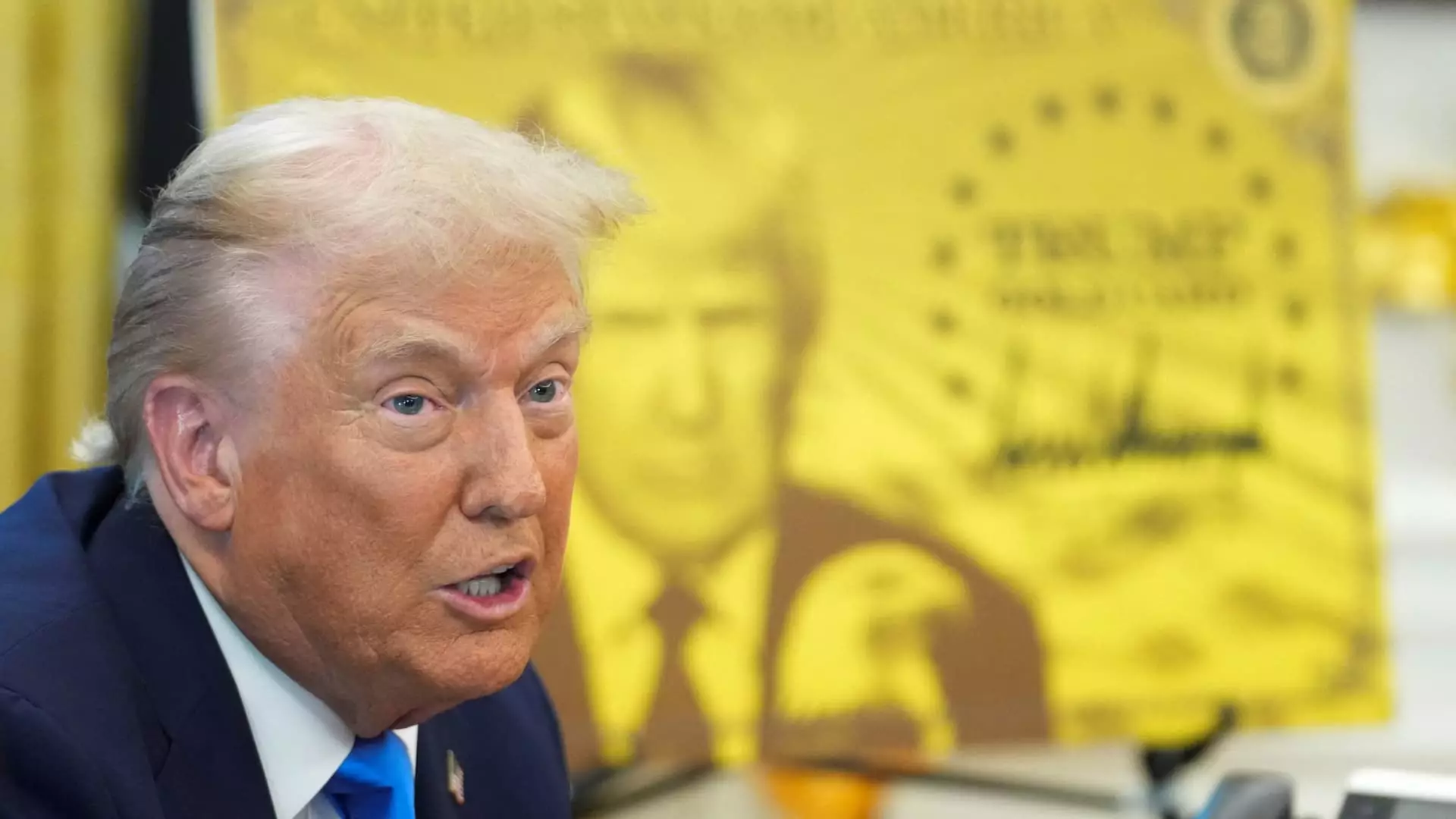The recent announcement by the Trump administration to impose a $100,000 annual fee on H-1B visas signals a dangerous shift in U.S. immigration policy, one that risks crippling the very foundation of America’s technological and economic leadership. While critics might argue that strict immigration controls protect domestic workers, this radical move fails to recognize the complex reality: skilled immigrants are essential drivers of innovation and economic growth. Implementing such exorbitant fees isn’t just an administrative change; it is a deliberate act of economic sabotage that threatens to alienate the brightest minds from contributing to America’s future.
The targeted impact on highly skilled workers—chiefly from India and China—raises urgent concerns about talent migration, human capital retention, and international competitiveness. Multinational corporations, which are crucial engines of technological progress, rely heavily on these immigrants to fill roles that remain vacant due to domestic skill shortages. By discouraging or obstructing these professionals from working in the U.S., we risk losing out on cutting-edge innovations that could define industries for decades to come. The financial penalties set to be levied per worker could effectively make the U.S. less attractive, turning it into a less welcoming environment for global talent.
The Business Community’s Response: Anxiety and Disruption
Major American corporations, especially giants like Amazon, Microsoft, Meta, Apple, and Google, have responded with clear concern. Their internal communications have advised employees to stay within the U.S. or risk jeopardizing their legal status—a stark indication of the chaos this policy generates. These firms argue that the U.S. long stood as a beacon for skilled immigrants seeking opportunities. Now, they face a counsel of caution that could dissuade foreign minds from even attempting to contribute to U.S. innovation ecosystems.
This reaction underscores a critical truth: America’s technological dominance isn’t an accident. It’s the result of a deliberate openness to global talent—it’s a cornerstone of the country’s economic strength. Restrictive policies threaten to reverse that progress, retreating into insularity at a moment when collaboration and knowledge exchange are more vital than ever. The corporate backlash isn’t just about inconvenience; it’s about safeguarding the future of American industries that compete on a global stage.
International Ripples and Diplomatic Tensions
The geopolitical repercussions cannot be ignored. Countries like India and South Korea have raised alarms, indicating that such policies may destabilize their own economic growth by disrupting talent pipelines. Indian authorities have voiced concerns about the humanitarian impact on families, highlighting the deep personal toll that such policies impose on individuals seeking better opportunities abroad. These reactions reveal the broader diplomatic strain caused by economic nationalism gone too far.
By turning inward and prioritizing short-term nationalistic goals, the U.S. risks alienating key allies and eroding its reputation as a welcoming, innovative hub for global talent. The move undermines decades of diplomatic goodwill, portraying America as a less desirable destination for the world’s brightest minds. This isolationist stance, if left unchecked, may produce economic consequences that ripple through global markets, damaging the U.S.’s ability to maintain a competitive edge.
Questioning the Rhetoric of Protectionism
Proponents argue that such policies are necessary to “protect American jobs” and reduce reliance on foreign labor. However, this narrative oversimplifies a far more complex reality. Technological advancement and economic growth are fueled by diversity and international cooperation. Restricting talent access does not eliminate competition; it shifts it elsewhere—perhaps to countries less hostile to foreign workers or with more welcoming environments.
Furthermore, the focus on punitive financial fees ignores the foundational role that immigrant workers play in innovation. Rather than fostering inclusion and earning the trust of the global community, these measures signal a retreat into protectionism and xenophobia. It’s a shortsighted approach that overlooks the fact that highly skilled immigrants often create jobs rather than displace them, and contribute to the collective economic fabric in ways that can’t simply be measured by immediate salary metrics.
A Conservative Liberal Perspective: Catalyst or Obstacle?
From a center-wing liberal perspective, the recent policy shift is a troubling deviation from America’s historical role as a melting pot of ideas and innovation. While national security and economic stability are legitimate concerns, the knee-jerk tendency to punish talent rather than address broader structural issues is misguided. It risks turning America into an insular nation that rests on outdated notions of self-sufficiency rather than embracing the global interconnectedness that has propelled its growth.
Instead of erecting artificial barriers, policy should aim at modernization—streamlining immigration processes, ensuring good working conditions, and fostering an inclusive environment that taps into the world’s brightest minds. That’s how America sustains its leadership—not through isolation and fear, but by embracing the diversity and innovation that have long defined its success. The recent measures represent a misstep—one that could set back progress, diminish the nation’s competitive edge, and tarnish its reputation as a leader in global innovation.


Leave a Reply